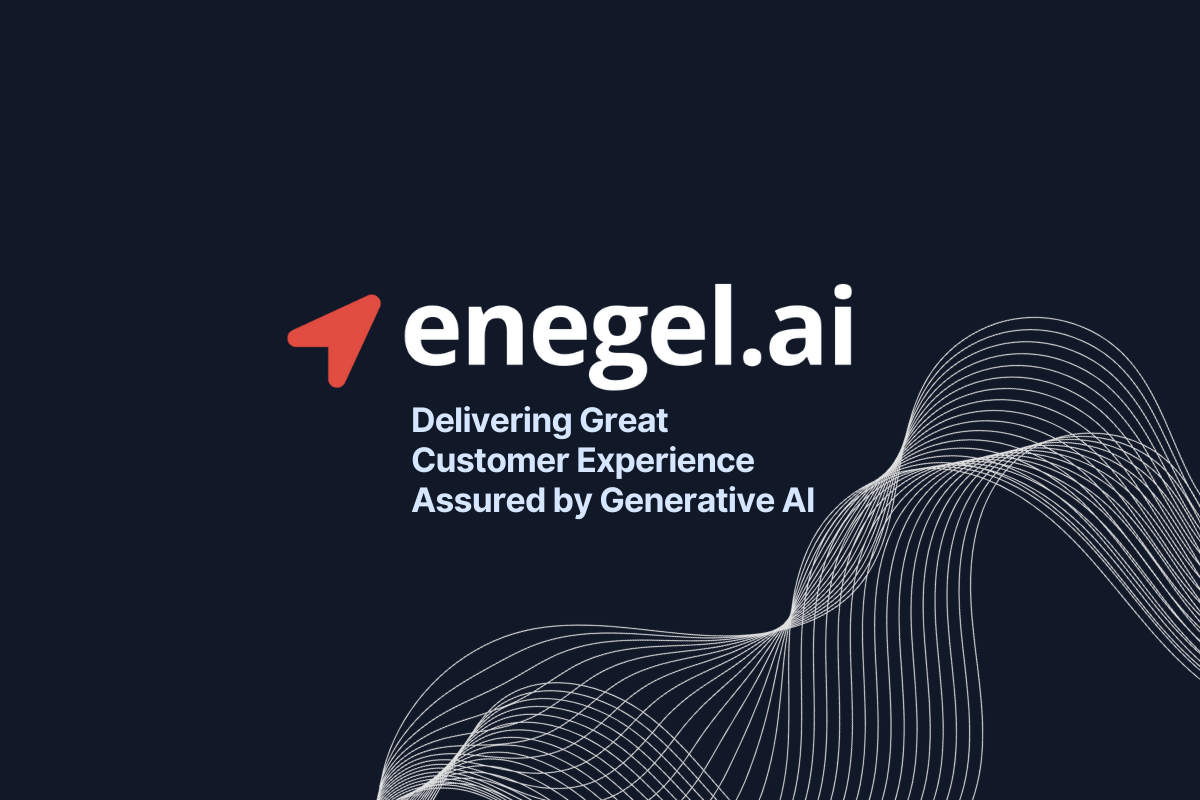- Date
- Published on
The Realistic Outlook on Prompt Engineering as a Profession
- Authors

- Name
- Enegel.ai

In the AI industry, there has been growing chatter about a relatively new role - the 'Prompt Engineer.' The buzz around this profession is not without reason. Astonishingly high compensation packages associated with this role, ranging from $170,000 to as high as $360,000, have piqued interest among industry enthusiasts. But is this a sustainable trend, or merely an ephemeral surge? A recent [Harvard Business Review post] (https://hbr.org/2023/06/ai-prompt-engineering-isnt-the-future) provides insights that closely align with our observations.
The current state of Prompt Engineering
The job of a Prompt Engineer is fundamentally associated with language models like GPT-3, where the role involves designing precise prompts to extract the most accurate and desired responses from the model. Given the rising prominence of AI models in diverse applications, the current spike in demand for this role and the ensuing attractive remuneration are understandable.
However, at its core, the job of a Prompt Engineer hinges on a model's limitations - the need for a highly specific prompt to elicit a particular response. As we venture further into the realm of AI development, models are expected to become more sophisticated, more intuitive, and more autonomous. As they begin to understand context better and make improved guesses about the user's intentions, the need for meticulously crafted prompts may diminish.
Moreover, consider the larger trends in the tech industry. As technology evolves, automation is the norm. Roles that once commanded premium salaries due to their niche requirements often become mainstream or even obsolete as the technology becomes more user-friendly and automated. We've seen this in various tech sectors, and AI is unlikely to be an exception.
Of course, the skills that make a good Prompt Engineer today, such as understanding the nuances of language and having a grasp on human-AI interaction, will remain relevant. However, they'll likely be integrated into broader roles, such as AI Interaction Designers or AI UX Specialists, instead of being a standalone profession with such a narrow focus.
The possible future state
So, while the hype around Prompt Engineering is exciting, it's crucial to see the bigger picture. It's a reminder of the rapid evolution that characterizes the tech industry, where today's niche, high-paying job can become tomorrow's automated function. Instead of banking solely on such transient trends, it would be wiser to focus on acquiring a wider range of skills and a deeper understanding of AI, as these will serve professionals well in the long run, irrespective of the twists and turns in the industry.
In conclusion, the hefty pay packets for Prompt Engineers today are more a reflection of the current limitations of AI models and market forces than a sustainable, long-term trend. As AI continues its onward march, professionals would do well to prepare for a landscape of constant evolution and learning.